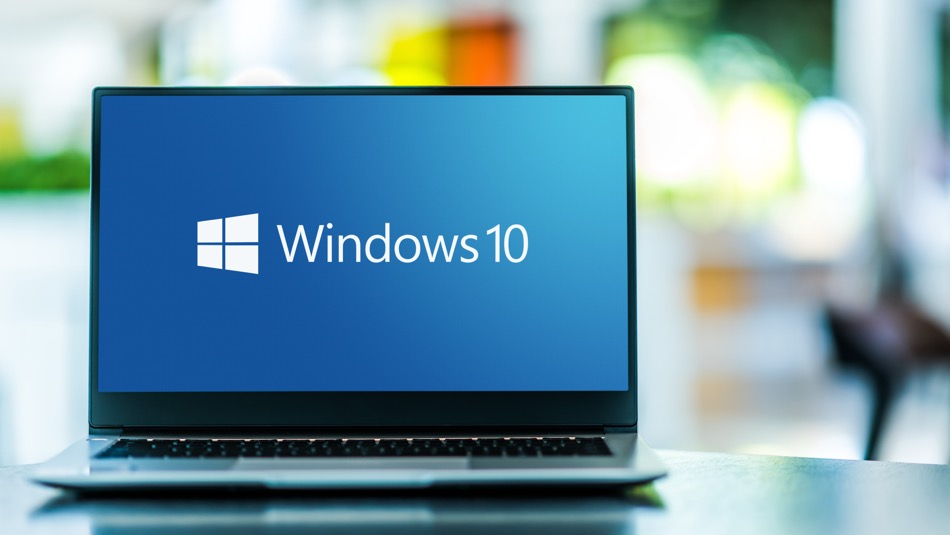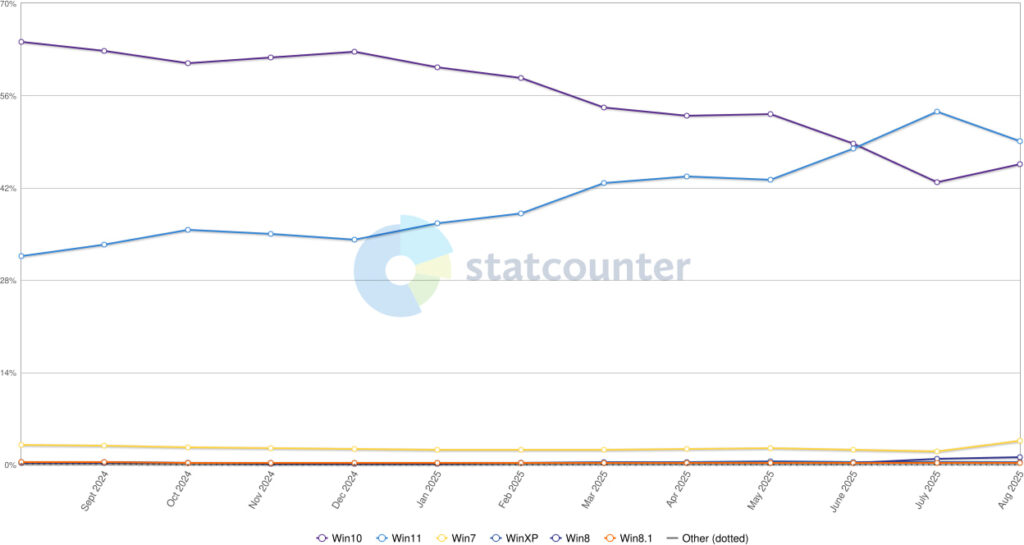
Microsoft has quietly confirmed that it will provide one additional year of free extended security updates (ESUs) for Windows 10 users in the European Economic Area (EEA), following pressure from consumer rights groups and inquiries from tech journalists.
The EEA comprises all 27 EU member states, as well as Iceland, Liechtenstein, and Norway. Within these regions, the ESU enrollment flow has been updated to meet local expectations.
The policy change, not publicly announced through official Microsoft channels, was instead disclosed in responses to media outlets and directly to the advocacy group Euroconsumers, which had challenged the legality of Microsoft's initial ESU strategy under EU digital market regulations.
The decision follows a formal challenge led by Euroconsumers, a Luxembourg-based consumer organization representing over 1.5 million households across Europe. The group had raised concerns that Microsoft's initial plan to offer security updates only to users who engaged with certain Microsoft services, like Rewards or cloud backup, may have violated Article 6(6) of the EU's Digital Markets Act (DMA), which restricts companies from tying access to essential services with the use of their own platforms.
Microsoft confirmed that EEA-based Windows 10 users will now be able to enroll in the ESU program at no cost, without having to sync device settings to the cloud or participate in Microsoft's loyalty programs. However, they must still sign in with a Microsoft account and remain logged in. If an account goes inactive for more than 60 days, updates will stop, requiring re-enrollment.
Euroconsumers' advocacy was based on the broader argument that ending security support for a widely used and still-functional operating system amounted to planned obsolescence. According to their research, roughly 22% of Windows users in Belgium, Italy, Spain, and Portugal still operate devices manufactured in 2017 or earlier, hardware that typically cannot be upgraded to Windows 11 due to the stringent system requirements introduced with the newer OS.

StatCounter
The group's letter to Microsoft emphasized that prematurely cutting off updates for Windows 10 undermines the viability of refurbished electronics, accelerates e-waste, and runs counter to EU sustainability objectives. They also argued that Microsoft is retiring Windows 10 on a compressed timeline, just four years after Windows 11's release, unlike previous transitions, where support continued for seven to eight years after a new version launched.
Microsoft had previously offered ESUs to global home users through either a $30 fee, the use of Microsoft Rewards points, or by enabling cloud backups via Windows Backup. For enterprise customers, prices start at $61 per device for the first year and increase annually. These options remain available to users outside the EEA.
Despite this concession, Euroconsumers maintains that the one-year extension is insufficient. They argue that millions of users will still be exposed to risk come October 2026, particularly those who cannot afford or justify replacing otherwise functional devices. They continue to call on Microsoft to align its support timelines with previous practices, where older versions received updates well beyond the four-year transition period now applied to Windows 10.







Leave a Reply